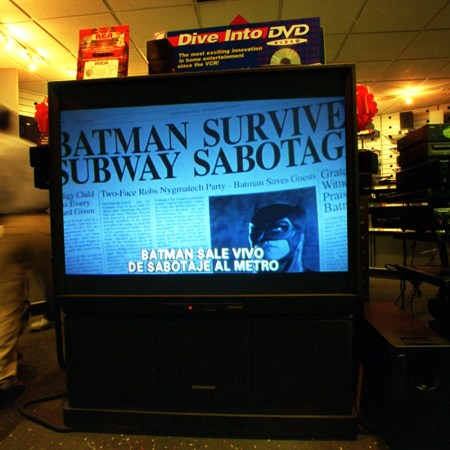As massive amounts of student debt and poor employment prospects continue to paint the traditional, four-year college education in an increasingly unattractive light, experts suspect Gen Z’s growing population of high school grads may begin to pursue a different post-secondary path than the indebted millennials before them.
According to Harvard Business Review‘s Ryan Craig, faster and cheaper pathways to employment are expected to rise in popularity among members of the youngest generation poised to enter the workforce. Such quicker, less expensive post-secondary alternatives include fast-paced “bootcamps” and training programs designed to prepare students directly for tech jobs, as well as income sharing-based education models like Lambda School’s coding program.
As Craig argues, Gen Z has already shirked the burden of large, upfront investments in favor of cheaper, bite-sized products and services that cater directly to their needs of the moment. We don’t expect a generation who can summon a ride with an app to purchase cars, so why should we expect them to pour tens of thousands into a four-year liberal arts education when there are faster, cheaper, more refined paths that will likely lead to better-paying jobs?
Along with the death of the bachelor’s degree, Craig also predicts the modern return of apprenticeships — programs offered by staffing and service providers as an entry-level alternative to a college degree. “It’s logical that the largest apprenticeship providers will be those with a commercial incentive to scale the production and through-putting of purpose-trained, entry-level talent for clients facing talent shortages,” writes Craig, adding that he expects “apprenticeships of various flavors to emerge as a viable and scalable alternative to college as a first pathway to a good job in growth sectors.”
The result, according to Craig, will not be a reduction in post-secondary education, but rather a much-needed shift in the ways it is served and consumed.
Subscribe here for our free daily newsletter.
Thanks for reading InsideHook. Sign up for our daily newsletter and be in the know.



















